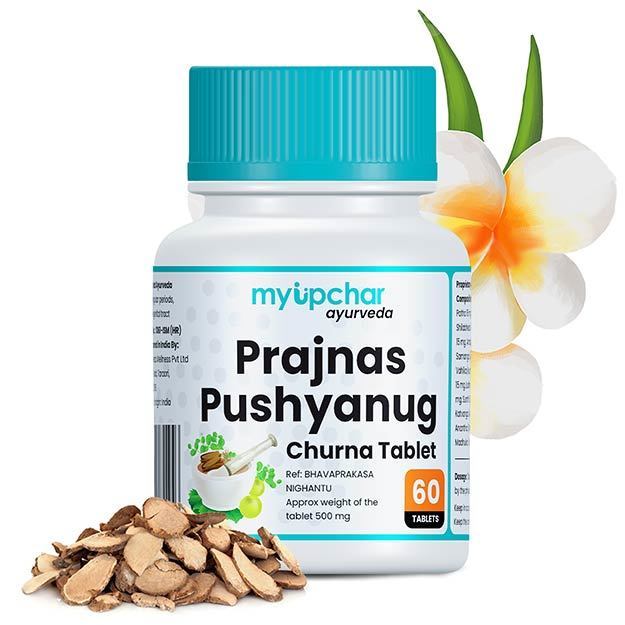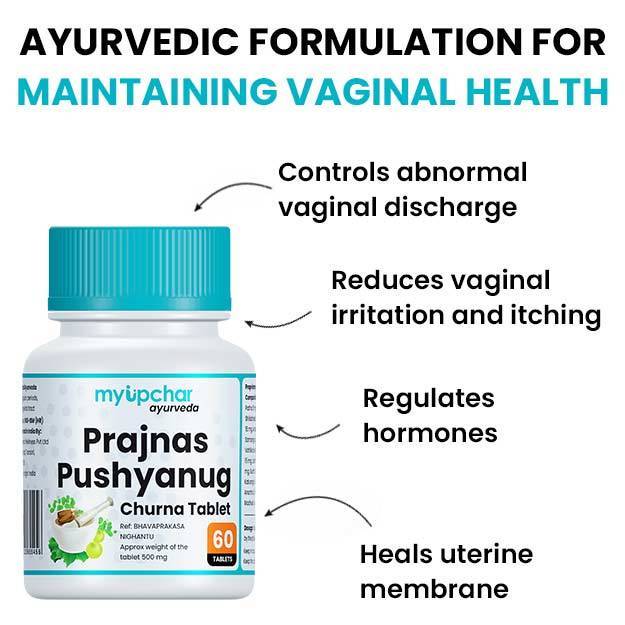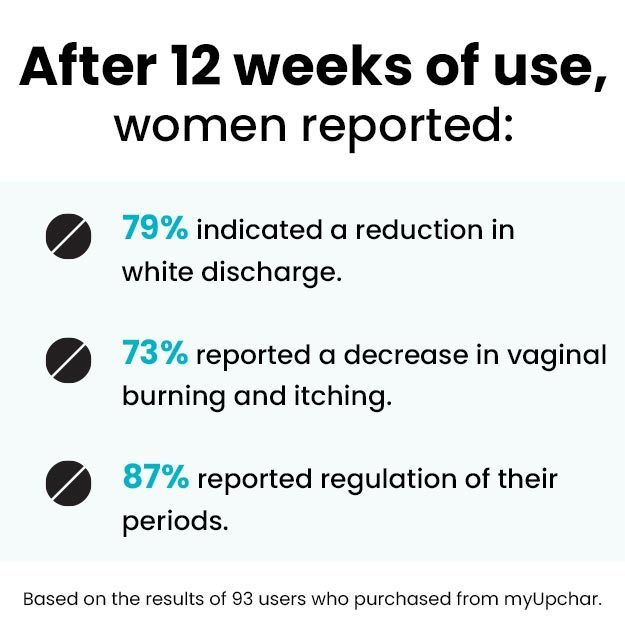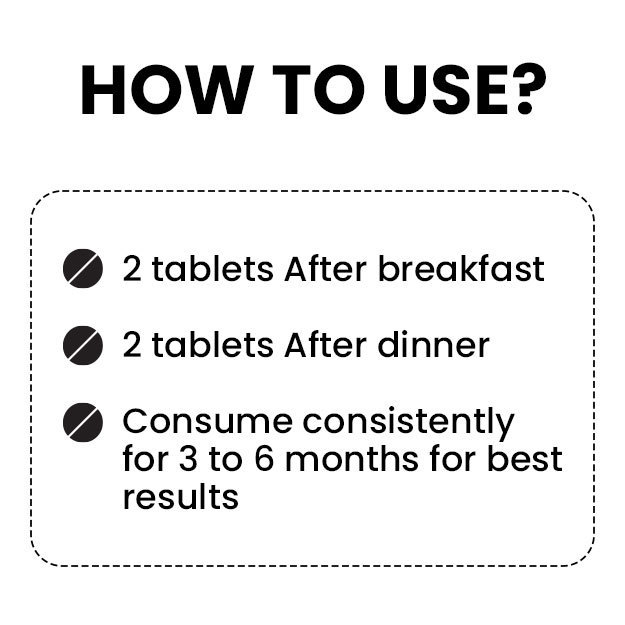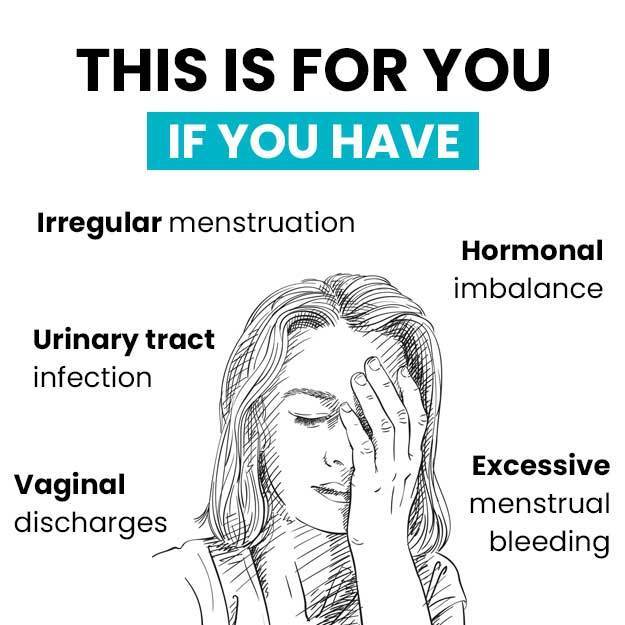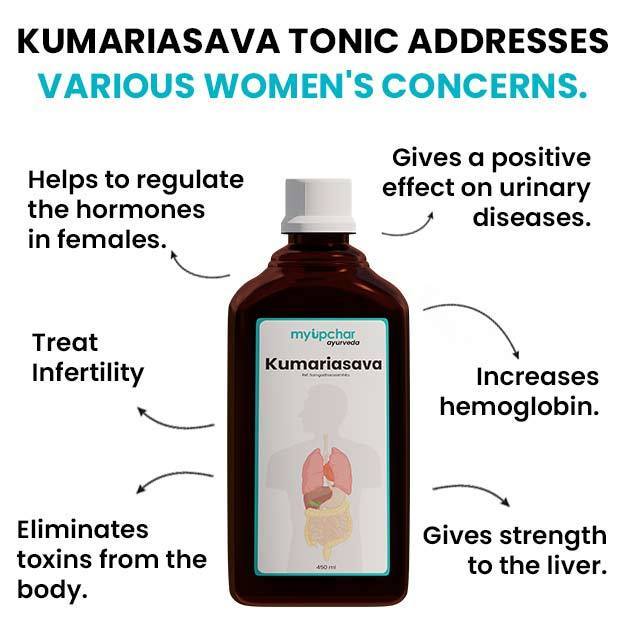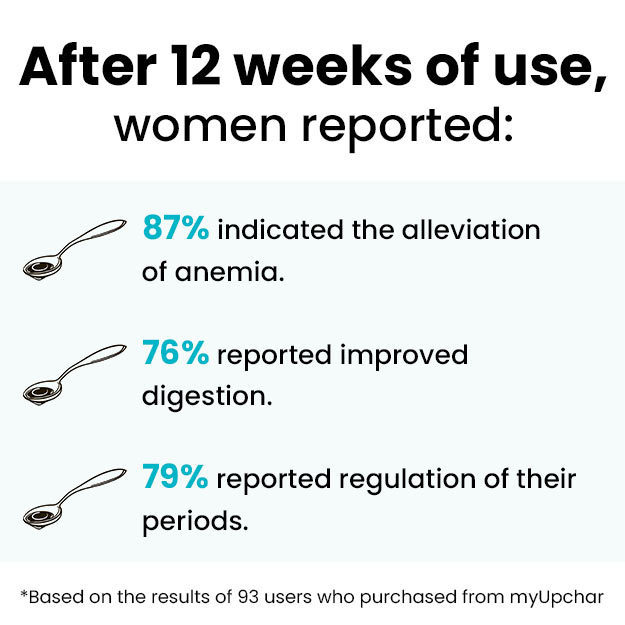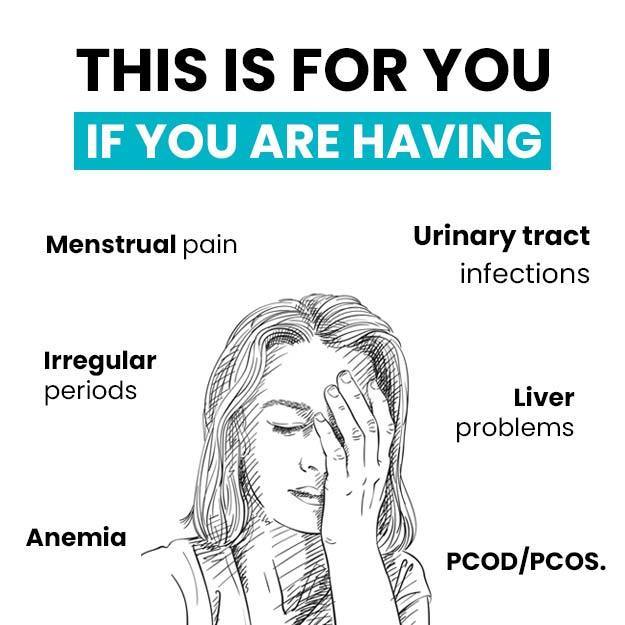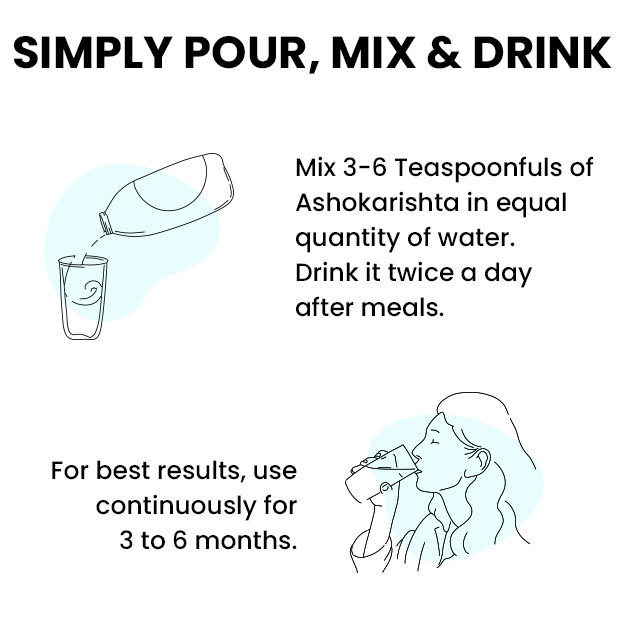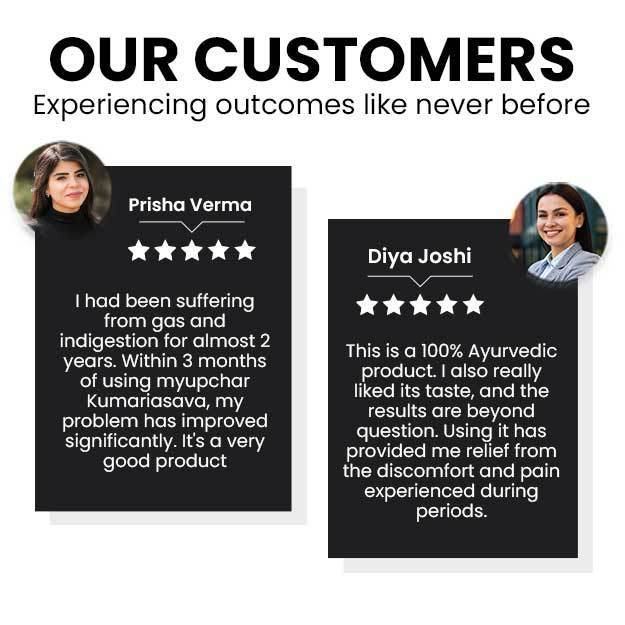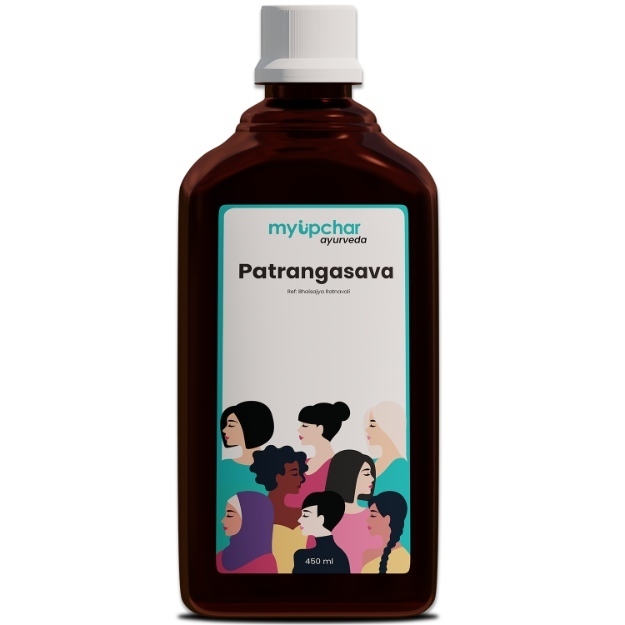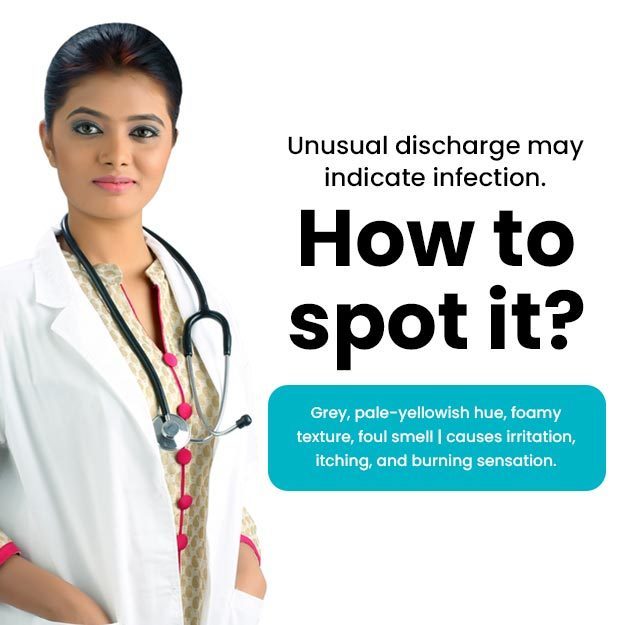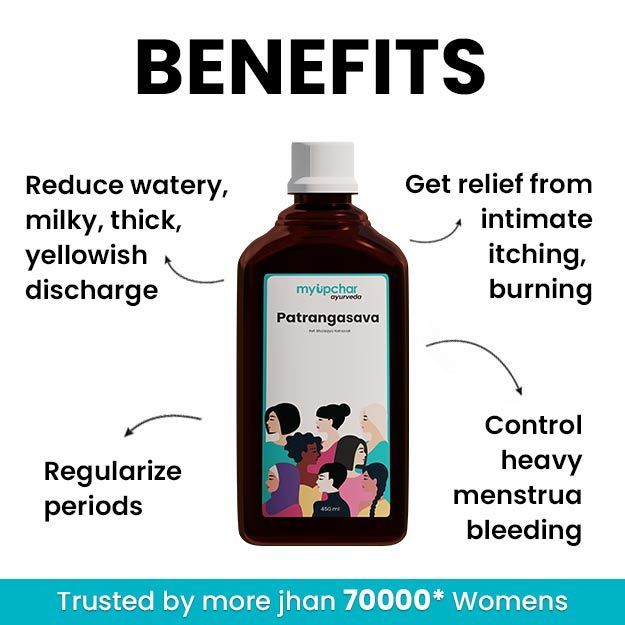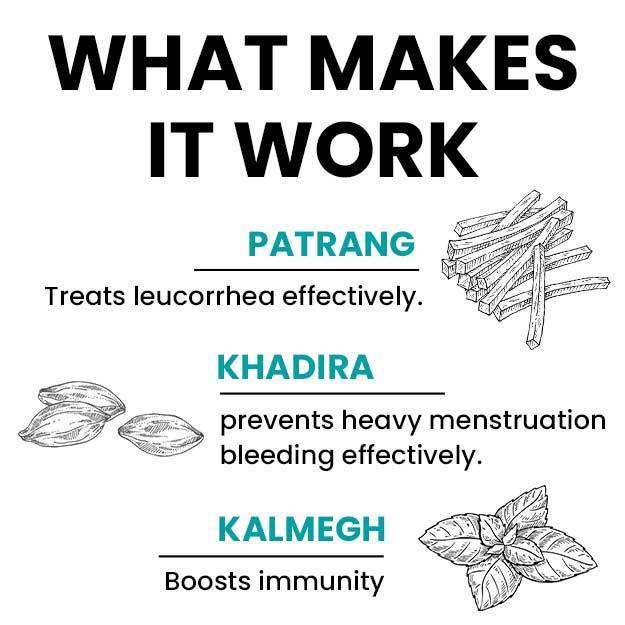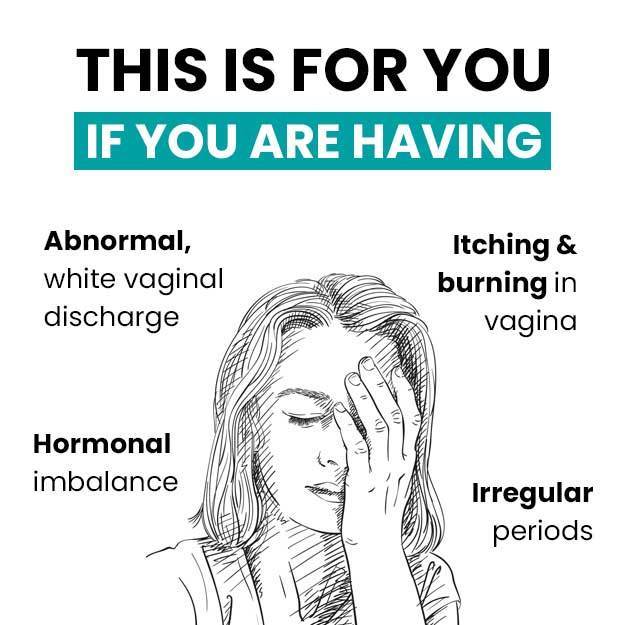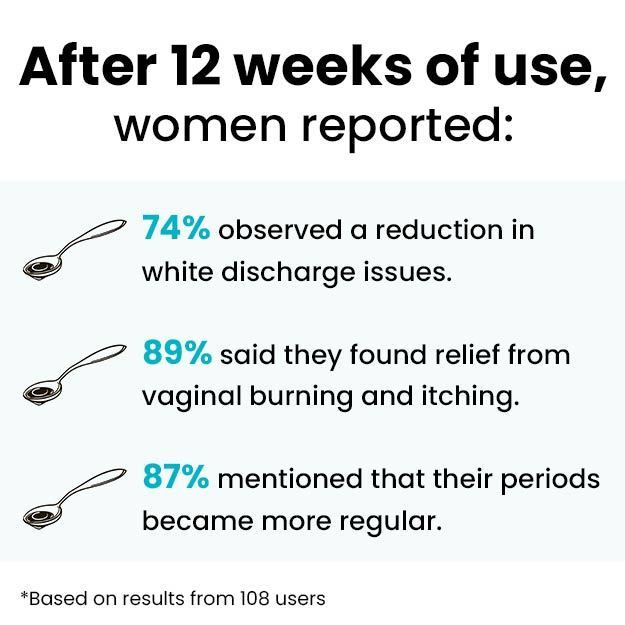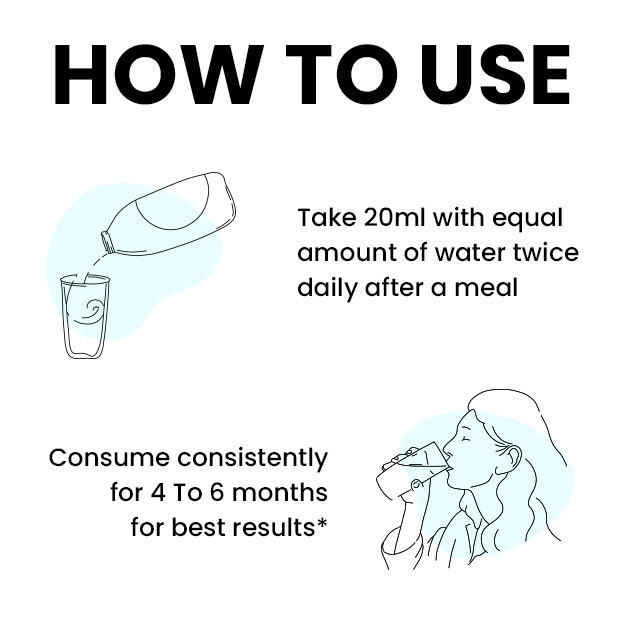Have you ever found yourself wishing you could simply will your period to arrive sooner? Maybe there's a special event looming, a long-awaited vacation, or you just want to get your cycle over with for peace of mind. It’s a very common thought, and many people wonder if there are legitimate ways to influence their menstrual cycle. While it's crucial to understand that your body's natural rhythm is incredibly complex and finely tuned by hormones, we can certainly explore the various methods and ideas that are often discussed when it comes to trying to encourage an early period.
Periods or menstruation are an essential part of women's health. It is a very unique cycle for each person; you might never know exactly when it is going to arrive and how many days it is going to stay. Periods usually vary from person to person, sometimes even month to month. You can't just blindly rely on last month’s period date to predict this month’s date; it is often 3 to 4 days earlier or later than the previous menstruation date. However, a woman’s life doesn't always work perfectly with her period cycle, so sometimes, there comes a need to try and get a period earlier.
Let's dive deep into how your period usually works, and then we’ll look at common ideas and methods that are often shared. We'll keep in mind that your body operates on its own sophisticated timeline, and professional medical advice is always the safest and most reliable guide for managing your menstrual health. This article will also discuss common reasons for delayed periods and ways people try to induce a period safely and effectively.
- Understanding Your Period Cycle
- Why You Might Want an Earlier Period
- Why Your Period Might Be Late
- Ways People Try to Get Periods Early
- Important Things to Know & Risks
- When to Talk to Your Doctor
-
Common Questions About Periods (FAQ)
- Can I use home remedies or phone apps to get my period earlier?
- My period seems really delayed. Does this mean something is wrong?
- Can diet or exercise definitely make my period come earlier?
- Why do doctors strongly warn against using certain medications to induce a period?
- If I try to induce my period, will it affect my fertility in the future?
- Summary
Understanding Your Period Cycle
Before we explore any ways to potentially change your period, it's really helpful to understand how your menstrual cycle typically unfolds. Your cycle isn't just about bleeding; it's a monthly journey guided by a complex dance of hormones, primarily estrogen and progesterone. These hormones work in harmony to prepare your uterus (womb) each month for a possible pregnancy.
(Read More: How many days after your period can you get pregnant?)
Let's break down the typical phases of this fascinating cycle:
Menstruation (Your Period)
This phase marks the official start of your cycle. It begins when your body sheds the thickened lining of your uterus, which was prepared in the previous cycle, because pregnancy didn't happen. This shedding is what you experience as your period, typically lasting anywhere from 2 to 7 days. The amount of blood flow can vary greatly from person to person. It's essentially your body's way of cleaning the house and getting ready for a fresh start.
Follicular Phase
Right after your period ends, your body immediately starts preparing for the next potential pregnancy. During this phase, the follicle-stimulating hormone (FSH) from your brain encourages several tiny sacs (follicles) in your ovaries to grow. Each follicle contains an immature egg. As these follicles grow, they produce estrogen, which signals your uterus lining to start thickening again, creating a soft, nutrient-rich bed for a fertilized egg. Usually, one follicle becomes dominant, and the egg inside it matures. This phase can vary in length, often lasting about 11 to 27 days.
(Read More: Safe days of a woman after periods)
Ovulation
This is the most crucial part of your cycle for conception! Around the middle of your cycle, typically between days 11 and 21 (though this varies), a sudden surge in luteinizing hormone (LH) triggers the release of the mature egg from the dominant follicle in your ovary. This process is called ovulation. The released egg then travels down the fallopian tube, where it can be fertilized by sperm. The egg lives for about 12 to 24 hours after release, making this your most fertile window.
Luteal Phase
After the egg is released, the empty follicle in your ovary changes into something called the corpus luteum. This corpus luteum then starts to produce a lot of progesterone (and some estrogen). Progesterone's main job is to keep the uterine lining thick and soft, ready for a fertilized egg to implant and grow. If pregnancy occurs, the corpus luteum continues to produce progesterone, supporting the early pregnancy. If pregnancy doesn't happen, the corpus luteum breaks down after about 10-16 days. When it breaks down, the levels of estrogen and progesterone drop sharply. This sudden drop in hormones is the signal for your body to shed the uterine lining, bringing on your next period and starting a new cycle.
(Read More: How Long Should You Wait to Have Sex After an Abortion?)
The entire cycle, from the first day of your period to the first day of your next period, usually lasts about 21 to 35 days for adults. However, it's important to remember that every person's body is unique, and cycle lengths can vary, even for the same individual. Many factors can influence this natural rhythm, from stress to diet to overall health.
Why You Might Want an Earlier Period
People often have very practical or personal reasons for wanting to shift their period timing. It’s a common desire driven by various life circumstances:
- Important Events: You might have extremely important, unavoidable plans that unfortunately fall on your period days. This could be a special event like a wedding, a big presentation at work, or a demanding physical activity that you don't want your period to interfere with.
- Holidays or Travel: Maybe you’re excited about a vacation and don't want premenstrual syndrome (PMS) symptoms, cramps, or the hassle of managing your period to get in the way of your fun.
- Pregnancy Planning: In some cases, if you're trying to conceive, you might want to try and induce a period earlier to align your cycle with a specific timeframe, potentially to increase your chances of conceiving during a chosen window.
- Delayed Periods: One of the major reasons people look for ways to induce menstruation is simply because their period is late. This can happen due to stress, anxiety, or other health conditions. If you've been trying to get pregnant, you might also want to rule out pregnancy as the cause for the delay.
(Read More: Beyond the Basics: Your Definitive Guide to the Copper T)
Why Your Period Might Be Late
If your period is late, it's natural to wonder why. While pregnancy is often the first thought, many other factors can cause a delay. Knowing these can help you understand your body better and know when to seek help.
Hormonal imbalance is one of the most common reasons for a delayed period. This can happen due to various factors including an unhealthy lifestyle, an unbalanced diet, or even the use of oral contraceptives (though these often regulate periods, coming off them can cause temporary delays). However, your reproductive hormones aren't the only ones that affect your cycle.
(Read More: When To Have Sex After Tubectomy?)
Many other conditions are also linked to delayed or irregular periods:
- Thyroid Disorders: Your thyroid gland produces hormones that control many body functions, including your metabolism and menstrual cycle. If it produces too much thyroid hormone (a condition called hyperthyroidism), it can lead to delayed or lighter periods.
- Polycystic Ovarian Syndrome (PCOS): This is a very common condition caused by hormonal imbalance. It often involves multiple small cysts on the ovaries and leads to irregular periods. It's so common that about 1 in 10 women with irregular periods might have PCOS.
- Primary Ovarian Insufficiency (POI): This happens when your ovaries stop working as they should before the age of 40. This condition is strongly linked to irregular periods and can even affect teenage girls.
- Eating Disorders: If you have habits like purposefully starving yourself (anorexia nervosa) or having cycles of overeating followed by purging (bulimia), these extreme eating patterns can lead to big delays or even a complete stop in your periods.
- Hyperprolactinemia: This condition means you have high levels of prolactin, a hormone that's usually important for breast growth and milk production. Too much prolactin can disrupt your menstrual cycle and cause delayed periods.
- Pelvic Inflammatory Disease (PID): PID is an infection in your reproductive organs (uterus, fallopian tubes, ovaries). While it often causes abdominal pain and unusual vaginal discharge, it can also lead to irregular or delayed periods. Sexually transmitted infections are a common cause of PID.
- Obesity: Carrying extra body fat can lead to higher production of estrogen. This extra estrogen can change your menstrual cycle, making periods irregular, delayed, or even missed.
- Uncontrolled Diabetes: Both type 1 and type 2 diabetes can cause a late start to periods. However, once your blood sugar levels are controlled, your menstrual cycle often returns to normal.
(Read More: Best Time To Get Pregnant)
Important Tip: It's normal for teenage girls (whose bodies are still developing their cycle) and women close to menopause (whose bodies are naturally changing) to have irregular or delayed periods. Teenage girls usually start getting regular periods after a few months. So, if you fall into either of these groups, it's often a normal part of your body's process, and you shouldn't try to force periods; your body will likely adapt to a regular cycle slowly.
Ways People Try to Get Periods Early
You might come across many ideas and home remedies when searching for ways to bring on your period sooner. It's really important to approach these methods with a lot of caution. Many of them are not scientifically proven, and their effects can be mild, unreliable, or even risky. Always remember to be gentle and respectful of your body's natural processes.
(Read More: What to eat if periods are not coming?)
Birth Control Pills, Rings, & Patches
If you're looking for a reliable way to get regular periods or even induce one early, hormonal birth control (like pills, rings, or patches) can be an excellent option, but always with a doctor's guidance. Combined pills, which contain both estrogen and progesterone (the hormones that control your menstrual cycle), work best for regulating menstruation and can be adjusted to bring on an early period. Unlike "mini-pills" (which only have progestin), combined pills help maintain a regular 28-day cycle rhythm. Depending on your current cycle, your doctor can advise you on how to change the dosage or timing of these pills to induce an early period. Contraceptive rings and patches also contain estrogen and progesterone and work in a similar way to pills, just with a different method of use. It's truly best to check in with a doctor or gynecologist to learn the right way to do this, otherwise, it may lead to hormonal imbalances or reduce the effectiveness of your birth control.
(Read More: Oligomenorrhea: causes, symptoms, prevention, treatment)
Sexual Activity
It might seem strange to think that having sex can induce menstruation, but it's a common belief. Some theories suggest that orgasm causes uterine contractions, which might help shed the uterine lining. What's more, male semen contains prostaglandins, which are natural chemicals known to cause uterine contractions. These prostaglandins are even used in some medications to induce labor or uterine bleeding. So, it's thought that these hormonal effects, along with the contractions from orgasm, could possibly encourage your period. However, there is no strong scientific evidence that sexual activity can reliably bring on a period. It's important to remember that if you're trying to avoid pregnancy, unprotected sex before your period is due would increase, not decrease, the chances of pregnancy.
(Read More: Is Your Period Late? Here's What You Need to Know)
Managing Stress
As you already know, stress is one of the major reasons for a delayed period. If you can effectively reduce your stress levels, your body functions, including your menstrual cycle, will likely return to normal. Finding ways to manage your stress and promote relaxation can be very helpful for your overall health and cycle regularity. Simple activities like meditation (trying to calm your mind), yoga (certain poses or breathing exercises like pranayama can help relax your body and mind), swimming, dancing, playing sports, or any creative activity can help reduce anxiety and stress. While these methods are excellent for supporting a healthy and regular cycle, they are more about normalizing a disrupted rhythm rather than forcing a scheduled period to arrive early.
(Read More: Can I get pregnant before, on or just after my period)
Warm Baths or Heat
You might have seen people applying a heated water bag or bottle on their abdomen to relieve menstrual pain. But did you know it’s also suggested as a way to help induce a period? The idea is that applying heat to your lower abdomen or taking a warm bath can help to relax the muscles in your uterus and increase blood flow to the pelvic area. This increased blood flow could potentially encourage your period to begin and also provides much-needed relief from pain and can help with irregular bleeding. You can soak a cloth in warm water and apply it to your lower abdomen, or simply use a warm water bag for the same effect. While soothing, there's no strong scientific evidence that heat alone can reliably trigger an early period.
(Read More: When does ovulation start after a period?)
Prescription Medications
There are specific medications that can induce uterine bleeding, but these are typically used for very serious medical reasons, such as ending an unwanted pregnancy, and are NOT for casually inducing a period for convenience. For example, Mifepristone, an anti-progesterone steroid, is often used with misoprostol (a type of prostaglandin) to induce uterine bleeding. This combination is mainly used to end pregnancies within 70 days of conception by blocking the hormone progesterone, which is essential for maintaining pregnancy.
If you are someone who wants to induce periods due to a risk of possible pregnancy, these medications can be very effective in causing bleeding. However, bleeding induced by these drugs is usually associated with cramps, nausea, and sometimes diarrhea. A clinical study showed that Mifepristone and misoprostol were highly effective in inducing menstrual bleeding in about 95% of cases.
Crucial Warning: It is always safer and absolutely necessary to consult a doctor before even considering taking these medicines for inducing periods. They are powerful drugs with significant side effects and are used for very specific medical situations. They are not a general "period inducer" and should never be used without strict medical supervision.
(Read More: Can stress cause missed periods?)
Important Things to Know & Risks
Your period is an important part of a female's body cycles. While you may be tempted to try herbs or medications to induce a period, it's generally best to let nature work its way instead of pushing your body. Some of the herbs mentioned above can have other effects on the body, depending on your unique physical and health condition. Also, birth control pills don't suit everybody equally and can have their own side effects.
Crucial Risk: Undetected Pregnancy A very serious risk of trying to induce a period is if you are pregnant but don't know it yet. If an undetected pregnancy is the reason for your missing period, taking certain "emmenagogues" or period-inducing substances could end the possible pregnancy (cause a miscarriage). This can lead to very severe bleeding, intense abdominal cramps, and an incomplete miscarriage, which might require urgent surgical intervention to prevent serious health complications. This is why always ruling out pregnancy with a test and consulting a doctor first is absolutely vital.
(Read More: What does your period say about your health?)
When to Talk to Your Doctor
It's always a smart decision to talk to a doctor before taking any steps related to your reproductive health. There are many health conditions that can cause a delayed period. Talk to a gynecologist if you notice any of the following:
- Missing periods for 1 or more months.
- Delayed periods for more than 7 days from when you expected them.
- Unusual vaginal irritation or discharge.
- Consistent pain in your lower abdominal region.
- You want to consistently change the timing of your period for planned events or convenience.
- You're thinking about using any herbs or supplements to affect your cycle.
- You experience any unusual bleeding or new, concerning symptoms related to your cycle.
- You have existing health conditions (like PCOS, thyroid issues, or clotting disorders) that can affect your cycle.
- You are trying to conceive or trying to avoid conception, as interfering with your cycle can impact these goals.
(Read More: Periods diet: What to eat during periods what not to eat)
Remember: For teenage girls and women close to menopause, irregular or delayed periods are often a normal part of your body's changes. If you fall into these groups, don't try to force periods; your body will likely adapt to a regular cycle naturally over time.
Common Questions About Periods (FAQ)
Here are answers to some questions people often ask about their periods:
Can I use home remedies or phone apps to get my period earlier?
It's very tempting, but doctors generally strongly advise against using these at home. It's hard to tell your own body sounds from a true period, which can cause false calm or unnecessary worry. These tools aren't as accurate as a doctor's, and relying on them might make you delay getting proper medical help. Always leave period management to your trained healthcare provider.
My period seems really delayed. Does this mean something is wrong?
Not always. While a delayed period can be a sign of pregnancy, it can also be caused by many other factors like stress, diet changes, significant weight changes, or underlying health conditions (like thyroid issues or PCOS). If your period is delayed by more than 7 days or you have ongoing concerns, it's best to talk to your doctor.
(Read More: Avoid these mistakes during periods)
Can diet or exercise definitely make my period come earlier?
There's no strong scientific evidence that specific foods or exercises can reliably force your period to come early. While a healthy diet and moderate exercise are good for overall cycle regularity, extreme dieting or over-exercising can actually delay or stop periods.
Why do doctors strongly warn against using certain medications to induce a period?
Medications like Mifepristone are very powerful and used for specific medical purposes, primarily to end a pregnancy. Using them without strict medical guidance can lead to very serious risks, including severe bleeding, incomplete miscarriage, and other dangerous complications. They are not meant for simply adjusting your cycle for convenience.
(Read More: How late can your period be)
If I try to induce my period, will it affect my fertility in the future?
Trying unproven methods or misusing medications to induce a period can potentially disrupt your hormonal balance and might cause temporary irregularities in your cycle. For serious concerns about fertility, it is always best to consult a doctor.
Summary
The idea of getting an early period is a common thought for many, driven by reasons ranging from upcoming events to simply wanting a more predictable cycle. We've seen that hormonal birth control, when used under a doctor's careful guidance, is the most effective and medically understood way to influence your menstrual cycle's timing. Other popular suggestions, such as using high doses of Vitamin C, certain herbs, warm baths, or specific exercises, generally lack strong scientific proof of their ability to reliably induce a period early and can sometimes carry potential health risks or side effects, especially if you are unknowingly pregnant.
Your menstrual cycle is a wonderfully complex and natural process that involves a delicate balance of hormones. Attempting to force it to change without proper understanding can sometimes disrupt this balance, leading to unintended consequences. Therefore, the safest and most reliable approach for managing your menstrual health and exploring ways to adjust your cycle is always to talk to your doctor or gynecologist. They can provide accurate, personalized advice tailored to your specific health needs, ensuring you make informed and healthy choices for your body. Remember, listening to your body and seeking professional guidance are the best ways to ensure your menstrual health is well-managed.
Find Obstetrician and Gynaecologist in cities
- Obstetrician and Gynaecologist in Bangalore
- Obstetrician and Gynaecologist in Mumbai
- Obstetrician and Gynaecologist in Ghaziabad
- Obstetrician and Gynaecologist in Chennai
- Obstetrician and Gynaecologist in Pune
- Obstetrician and Gynaecologist in Delhi
- Obstetrician and Gynaecologist in Hyderabad
- Obstetrician and Gynaecologist in New Delhi
- Obstetrician and Gynaecologist in Gwalior
- Obstetrician and Gynaecologist in Gurgaon
Doctors for How to Get an Early Period: Your Simple Guide

Dr. Ayushi Gandhi
Obstetrics & Gynaecology
4 Years of Experience

Dr. Anjali
Obstetrics & Gynaecology
23 Years of Experience

Dr.Anuja Ojha
Obstetrics & Gynaecology
20 Years of Experience


















